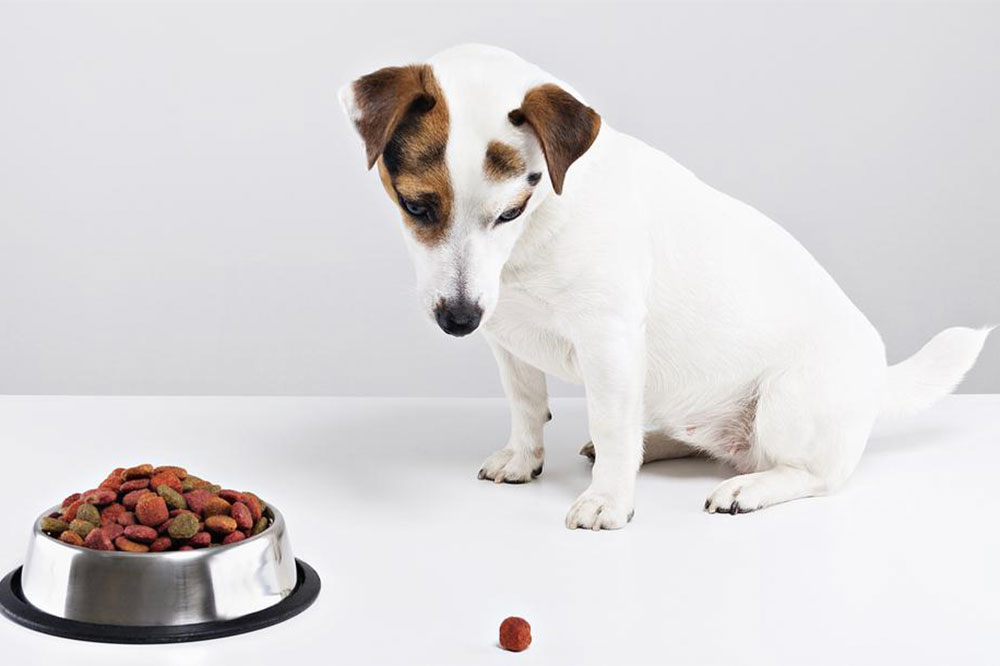
3 Prevalent Causes of Food Allergies in Dogs
It might be hard to believe that the food you are giving your dog might sometimes be more harmful than nutritious for it to consume. Hard to imagine that right? It is true, however. While it is not common, food allergies do exist in dogs and affect almost all breeds without any exception. But certain breeds particularly are more prone to food allergies than others. Those easily susceptible to food allergies include cocker spaniels, dachshunds, shih tzus, dalmatians, retrievers, German shepherds, boxers, pitbulls, terriers, bulldogs, and Lhasa apsos. Moreover, dogs of all ages can suffer from allergic reactions to the food they eat. So, if you are a dog parent, learn about the three commonly prevalent causes of food allergies in dogs. With a better understanding of the causes, avoiding them, and/or handling them becomes easier. Here they are.
Genetics
Like in human beings, genetics plays an important role in dogs too. If one parent has food allergies, then it is highly likely that it is passed on to the pups too. Although inherited food allergy reactions cannot be avoided altogether, it can be managed with the right guidance from a qualified veterinarian.
Foods
Because there is a substantial change in the type of foods that dogs ate in ancient times and what they eat now, the allergens that affect dogs now might also not be the same as a few decades ago.
In the present culture of mostly feeding commercially processed dog foods to pets we raise at home, some allergy-causing foods include:
- Beef
- Pork
- Dairy
- Egg
- Chicken
- Lamb
- Fish
- Wheat
- Rice
- Soya
- Corn
Artificial foods
With the growing trend of factory-made foods produced conveniently in bulk even for dogs, the presence of artificial chemicals, colors, flavor inducing agents, and preservatives added to make the foods last longer on store shelves, and addictively tastier for your dogs, they are, in actuality, a danger. While these artificial substances themselves might not create actual allergic reactions to dogs prone to allergies, intolerance can be triggered easily when these are consumed regularly for many years.
It is not surprising that some dogs could be allergic to more than one item from that list of foods. On the contrary, sometimes, dogs that are allergic to chicken might do well with other poultry like turkey or duck. Therefore, there is no uniformity in the way these foods cause allergies in dogs. Food allergies normally develop as a reaction to some protein consumed by dogs. Surprisingly, more than grains or other plant proteins, it is common animal proteins that dogs are accustomed to having over many generations that is the culprit. They cause allergic reactions in more dogs than grains do.
Having said all this, remember that more likely, your dog’s sensitive skin or abdominal issues might be nothing but just that. Rolling in dirt can cause itchiness and can be fixed with a clean, thorough bath. And every once in a while, devouring something that your four-legged friend is not supposed to have in the first place, could be the reason he is having diarrhea or vomiting. Consult a qualified veterinarian if your dog exhibits any symptom of food allergy, and understand the difference between food allergy and food intolerance in dogs, so the diagnosis and treatment can accordingly be done correctly.



